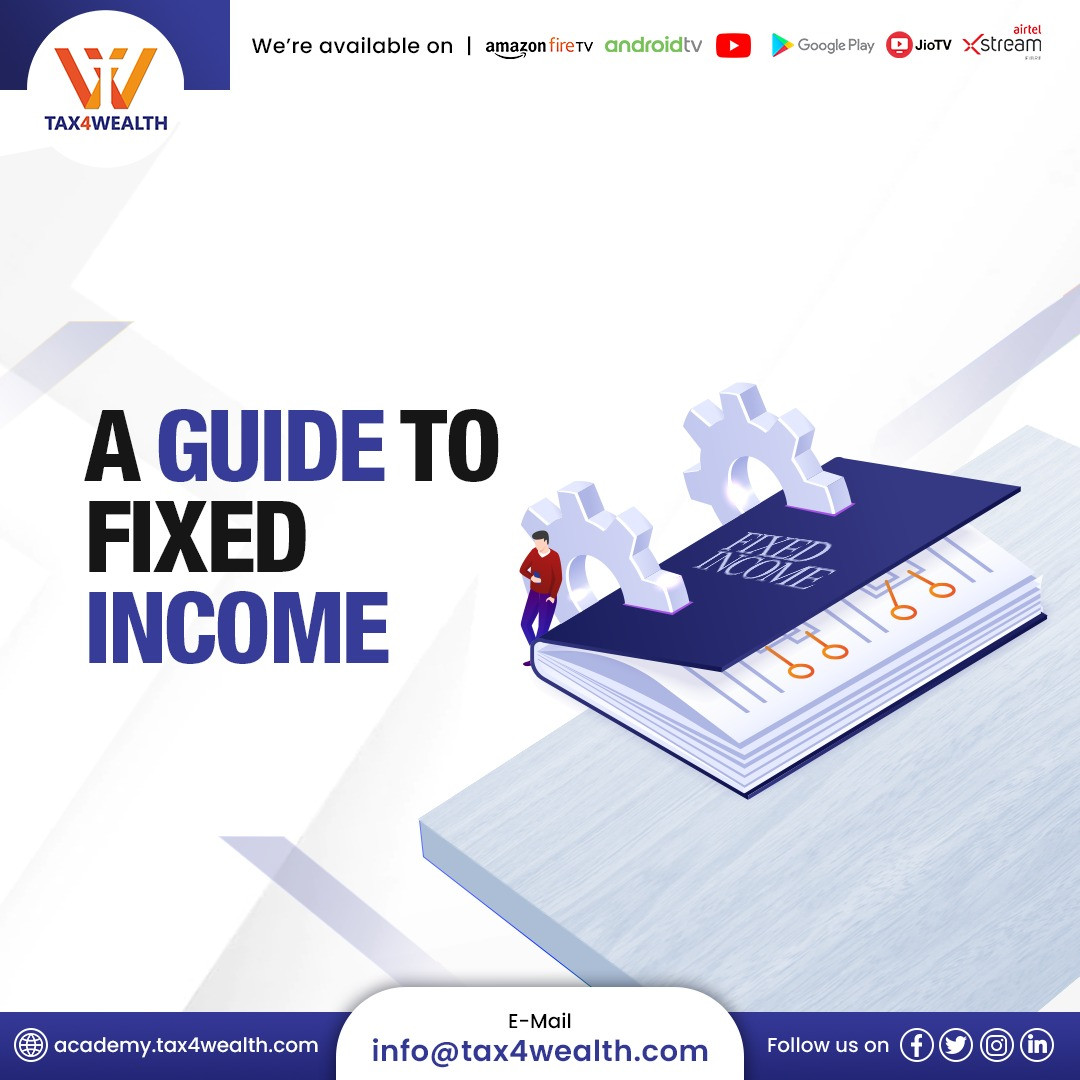
A Complete Analysis of Section 194R of Income Tax- [Updated]
Introduction:
Section 194R of the Finance Bill 2022 has proposed to add Section 194R to the Income Tax Act, 1961. According to the memorandum with an explanation of the guidelines of the Finance Bill, the aforesaid amendment will come into force from 1 July 2022. However, the said section has been added from 1 April 2022.
The details of the applicability of the provisions and their background have been discussed in detail in the below-mentioned paragraphs.
Analysis of The Legal Provisions:
According to Clause (iv) of Section 28 of the Income Tax Act, 1961, the value of the perquisite or benefit, whether convertible into monetary terms or not, accruing from the business or by carrying on profession must be taxed as it will be considered as a business income on the part of the recipient of such benefit.
According to the proposal for Section 194R, any person who is responsible for providing to a resident any sort of perquisite or benefit, whether it may be convertible into monetary terms or not, accruing from the business or carrying on any profession, by any such resident, will, prior to providing such benefit to the such resident as the case may be, make sure that the tax deduction has been with regard to such benefit at the rate of 10% of the aggregate value of any such benefits.
Also Read; Section 194Q – Tax deduction on the purchase of goods and FAQs.
It is to be noted that, provided in such case where the benefit is wholly or partly in cash or kind as the case may be but such part cannot be considered sufficient to meet the liability of tax deduction with regard to the whole of the benefit or perquisite, the person who is responsible for providing the said benefit will, prior to providing such benefit to the such resident as the case may be, make sure that the tax has been paid with regard to such benefit or prerequisite.
Further, The provisions of this Section 194R will not be applicable in the case of the resident when the aggregate value or value of the benefit or perquisite provided or is about to be provided to a resident during a particular financial year is not more than Rs. 20,000.
Apart from that the provisions of this Section 194R are not applicable to a person who is an individual or Hindu Undivided Family (HUF), whose annual sales, annual turnover, or gross receipts are not more than Rs. 1 crore in case of income is generated through the business.
If the income is being generated from carrying on any profession then the threshold limit is Rs. 50,000 in a particular financial year immediately proceeding with the financial year in which the said benefit has been provided as the case may be.
Explanation:
Due to this aspect, this Section 194R of the Income Tax Act, 1961 and the expression provided as “person responsible for providing” means the person who is actually providing the benefit, or in case the provider is a company, the company can itself include the principal officer.
The Rationale of Section 194R of the Income Tax Act, 1961:
The Hon’ble Finance Minister in the Budget 2022 introduced the aforesaid provision stating that it has been noticed for a long period of time that as part of a business promotion strategy, there has been a tendency on the businesses to transfer the benefits to its agents and such benefits obtained by the agents are taxable on the part of the agents.
In a view to keep track of such transactions, she proposed to provide tax deduction by the persons who are providing benefits, if the value or aggregate value of benefits provided exceeds Rs. 20,000 during a particular financial year.
According to the memorandum, the explanation of the Finance Bill, the below-mentioned aspects has been provided regarding Section 194R.
According to clause (iv) of section 28 of the Act, the value of the benefit or perquisite, whether it is convertible into monetary terms or not, accruing from business or carrying on from any profession has to be charged as business income on the part of the receiver of said benefit or perquisite.
In most cases, the receiver of the benefit or prerequisite does not report the benefit that it has received in its income tax return, which can lead to furnishing incorrect and false income particulars. The aforesaid amendment will come into force from 1 July 2022.
Thus, the provided provision for tax deducted at source is being added and put in place to detect the benefits or perquisites which may largely remain unaccounted for thus, it is not taxed despite being there for specific taxation provisions as a result of its nature of accountability.
Analysis of Section 194R:
Section 194R presently will bring wide compliance challenges for the businesses as well as professionals due to the involvement of different and multiple types of benefits and perquisites that are being extended to the distributors, agents, dealers, and channel partners. It is being done with an objective to earn incentives and motivate the team for business growth. The following are some of the common examples of benefits and perquisites;
✅ Gift Card and Gift Vouchers
✅ Gold Coins under Incentive Scheme
✅ Phones
✅ Vehicles
✅ Business Asset Usage Service
✅ Travel Packages
Considering the expression of the language used in respect of Section 194R and its specific association with clause (iv) of Section 28 in the memorandum, the following aspects can be deduced;
✅ That transactions through the issuance of credit notes would not be covered in the ambit of section 194R due to the following reasons:
✅ The expression used ‘whether convertible into monetary terms or not‘ which is already provided will be subject to TDS, irrespective of the fact that the benefit is able to convert the same into monetary form wholly or partly whether it may be in cash or kind.
In this regard, the Hon’ble Supreme Court is of the opinion that Section 28(iv) of the Act will be applicable, in case the income has arisen from business or profession and benefit is received must be in some other form instead of money.
The Benefit or Perquisite Obtained from Business or Exercise of A Profession are Only Included:
It is important that the benefit or perquisite is associated with the business or profession of the receiver and only then it will be included in this section, thus there must be a relationship exists between the business and receiver of the benefit provided.
Section 28(iv) aims at providing fringe benefits that can be availed apart from the consideration earned while carrying out any business or profession or doing business. Considering the same, it can be said that when the consideration is in paid format, Section 194R is applicable.
Goods or Assets Sold at a Discounted Price May Not be Covered Under This Section:
Under the provisions of section 28(iv), it is stated that real income is taxable and not hypothetical income which can be termed as accrued on the purchase of an asset or good at a lower price than the earlier purchase price. Considering the same, the provisions of TDS must be applicable only in case there is an actual benefit or perquisite.
To Comply with The Provisions of The Aforesaid Section 194R, The Taxpayer has to Ensure the Below-Mentioned Points:
✅ The tax deductor must make sure that TDS at the rate of 10% is deducted before providing any such benefit or perquisite.
✅ The tax deductor must deposit the tax deducted on or before the 7th day of the next month to the credit of the Central Government of India. It is to be noted the due date will be 30th April in the case of the month of March with the use of TAN.
✅ The deductor must File TDS Returns quarterly in Form 26Q on or before the specified due date as mentioned in the Act.
✅ The Deductor has to issue a certificate in respect of tax deducted in Form 16A at each quarter to the deductee.
✅ TDS may not be required in case the value of benefit or perquisite provided is up to Rs. 20,000 in a particular financial year.
Clarifications Required from Government:
Based on the above-mentioned analysis of the proposed provision of Section 194R and some of the common queries raised by the taxpayers, it can be understood that for the successful implementation of Section 194R, the Government of India has to clarify so many queries raised on different issues. Some of the issues are mentioned below;
✅ The terms ‘benefits’ as well as ‘perquisites’ have not been defined separately as the said words seem to be open-ended. For the purpose of Section 194R, it must have been defined separately to provide clarity on its scope and coverage.
✅ The basis for the determination of the value or aggregate value of benefit or prerequisite has not been clearly provided in case they cannot be converted into monetary value.
✅ In the case of non-monetary perquisites or benefits, the provider has not made the liability to make sure that the tax is paid in respect of benefit or prerequisite prior to releasing the said benefit or perquisites. The proposed provision is not clear in this regard as it does not provide details of how the provider will make sure of this aspect.
✅ Most of the time, the benefit or perquisites are extended on the behest of the employer to the employee; here the question is if these transactions will also be covered under the proposed Section 194R.
No comments yet, Be the first to comment.













